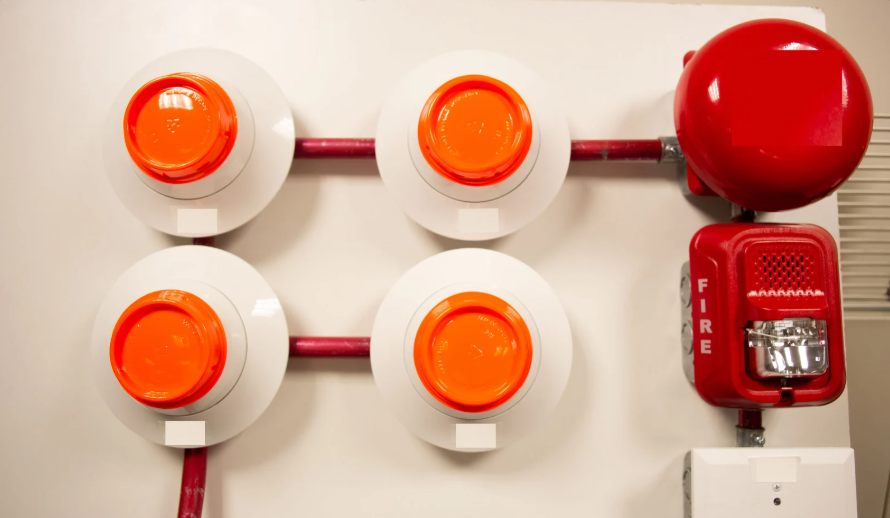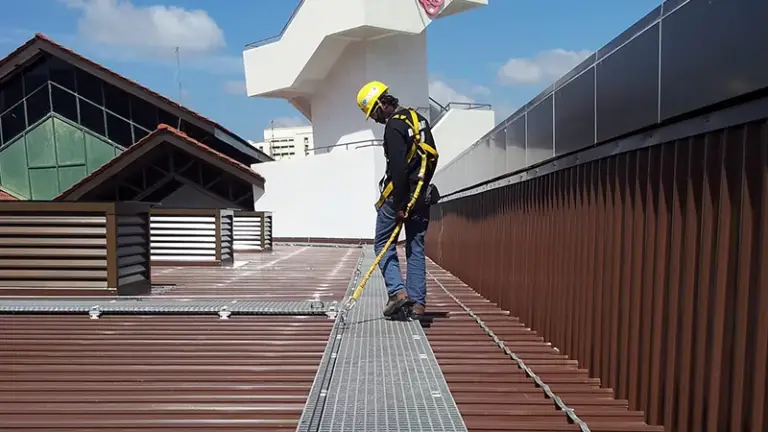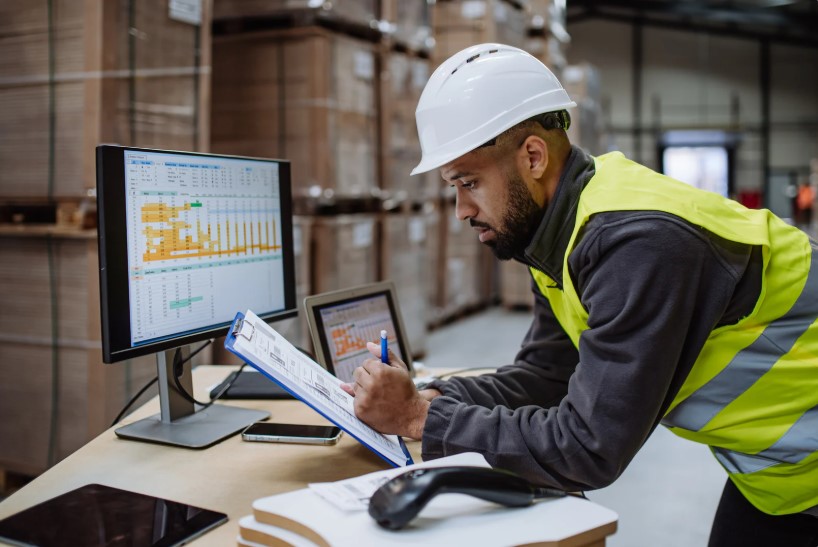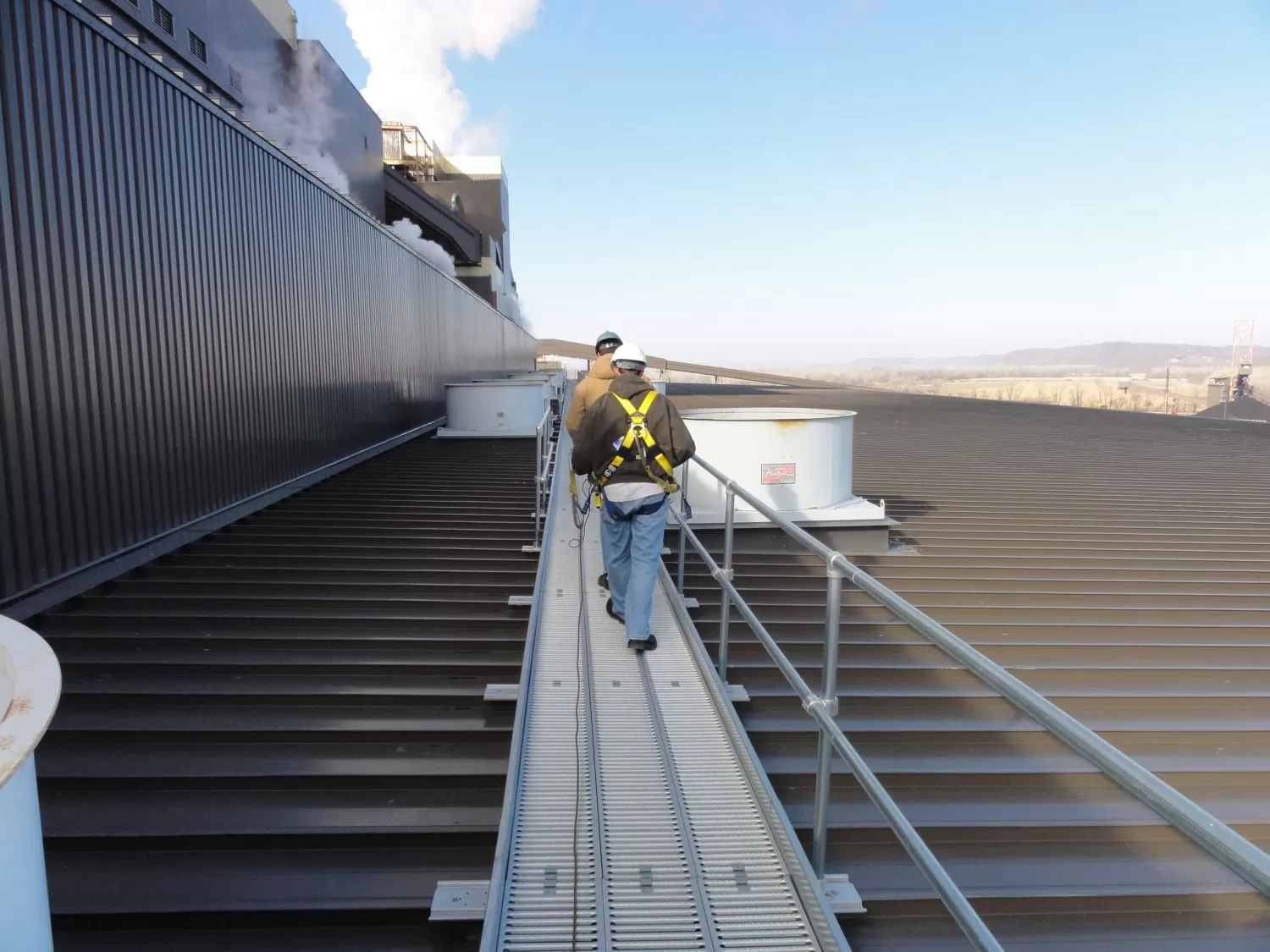Ensuring the reliability and functionality of your fire alarm system in Singapore is crucial for the safety of both residential and commercial properties. With high-rise buildings, densely populated areas, and constant regulatory oversight, maintaining an effective fire alarm system in Singapore is not just a matter of safety—it’s a legal requirement. Regular testing and maintenance of fire alarm systems ensure that they are ready to respond in an emergency, helping to save lives and protect property.
Why Testing and Maintaining Your Fire Alarm System in Singapore is Essential
The fire alarm system in Singapore plays a vital role in protecting lives and property. Singapore is known for its stringent fire safety laws, and the fire alarm system is the first line of defence against fires in any building. Testing and maintaining this system is essential not only for complying with the law but also for ensuring that it functions correctly when needed the most. Regular maintenance checks ensure that all components, including smoke detectors, heat sensors, and control panels, are working optimally, which is essential for early fire detection.
Additionally, having a fully functional fire alarm system in Singapore is often required by insurance companies. Non-compliance or faulty systems can result in increased premiums or even policy voiding, further emphasizing the importance of proper maintenance. Property owners in Singapore should prioritize regular testing to meet SCDF (Singapore Civil Defence Force) regulations, avoid penalties, and most importantly, protect the lives of their tenants and employees.
Common Components in a Fire Alarm System in Singapore
A fire alarm system in Singapore consists of several crucial components that work together to detect and alert people to the presence of fire or smoke. Key components include:
- Smoke Detectors: These devices are designed to detect smoke particles in the air. In commercial and residential buildings across Singapore, these detectors are essential for triggering the alarm system at the first sign of smoke.
- Heat Detectors: These are temperature-sensitive devices that detect sudden increases in temperature, a key indicator of a fire.
- Manual Call Points: These allow occupants to trigger the alarm manually in the event of a fire.
- Control Panel: The brain of the fire alarm system in Singapore, the control panel receives signals from the detectors and triggers the alarm.
- Sounders and Visual Indicators: These alert building occupants of a fire emergency, often in the form of loud alarms or flashing lights.
- Emergency Lighting: In the event of power failure, emergency lighting helps to guide occupants to safety.
Each component must be tested regularly to ensure that the fire alarm system in Singapore functions seamlessly. Failing to test any part of the system could lead to delayed detection or failure to alert occupants, resulting in catastrophic consequences in the event of a fire.
Singapore’s Fire Code Requirements for Fire Alarm Maintenance
In Singapore, the fire alarm system in Singapore must meet the stringent requirements set by the Singapore Civil Defence Force (SCDF). These regulations ensure that all fire alarm systems in commercial, industrial, and residential buildings are capable of detecting fires promptly and accurately. Under Singapore’s Fire Safety Act, fire alarm systems must be inspected and maintained regularly.
The SCDF specifies that fire alarm systems in Singapore should undergo periodic testing at regular intervals:
- Weekly Tests: Basic checks, such as ensuring the control panel is operational and the system is powered.
- Monthly Tests: More comprehensive checks on smoke detectors, manual call points, and sounders.
- Annual Inspections: These inspections should be carried out by a certified fire alarm service provider like Atlas Technologies, which ensures that the system complies with SCDF regulations and is ready for an emergency. These tests often include the complete testing of all components, cleaning of sensors, and battery replacements.
Failure to maintain a fire alarm system in Singapore according to these regulations could result in hefty fines, legal liabilities, or worse, loss of life and property.
How to Conduct Fire Alarm System Testing in Singapore
Testing your fire alarm system in Singapore should be done regularly to ensure optimal performance. Here’s how to carry out a thorough test:
- Visual Inspections: This involves checking the physical condition of all components. Look for any signs of damage or wear, especially to smoke detectors and call points.
- Functional Testing: Check that every manual call point works properly, and that detectors respond when triggered. It is also important to test the system’s sounders and alarms to ensure they produce an audible sound and are loud enough to be heard throughout the building.
- Device Sensitivity Testing: Some smoke detectors may require sensitivity testing to ensure they will activate appropriately under smoke conditions. This is a critical part of the fire alarm system in Singapore, ensuring that alarms are triggered only in genuine fire conditions.
- Battery Check: Ensure backup batteries are charged and functional. A fire alarm system in Singapore that is connected to an uninterrupted power supply (UPS) should be tested for battery longevity and charge capacity.
- Professional Inspections: While property managers can conduct some basic checks, it is essential to have a professional, like Atlas Technologies, carry out more in-depth testing. Certified technicians will ensure all components comply with SCDF standards and that the system is ready for emergency use.
All results should be logged and kept for future reference, as SCDF may request documentation during inspections.
Fire Alarm Maintenance Checklist for Singapore Property Owners
Keeping a well-maintained fire alarm system in Singapore requires a clear and consistent schedule. Here’s a quick checklist for fire alarm system maintenance:
- Monthly Maintenance:
- Check the functionality of manual call points.
- Test smoke detectors for any malfunction.
- Ensure all system alarms (audible and visual) are operational.
- Quarterly Maintenance:
- Clean smoke detectors to remove any dust or debris.
- Test the backup battery to ensure its capacity.
- Inspect all fire alarm system wiring and connections for wear or damage.
- Annual Maintenance:
- Conduct a complete system audit by a certified fire alarm service provider like Atlas Technologies.
- Ensure full compliance with SCDF standards and regulations.
- Conduct full functional tests on all detectors, panels, and indicators.
Having a comprehensive maintenance schedule will guarantee that your fire alarm system in Singapore stays in good condition and meets legal requirements. It also reduces the risk of system failure during emergencies.
Choosing a Fire Alarm Service Provider in Singapore
Selecting the right fire alarm service provider is crucial for ensuring your fire alarm system in Singapore is always in top condition. When choosing a provider, look for the following:
- Experience and Expertise: Choose a service provider like Atlas Technologies, which has extensive experience in fire alarm systems and is well-versed in SCDF regulations.
- Certification and Licensing: Ensure that the provider is licensed by SCDF and accredited for installing and maintaining fire alarm systems.
- Reliability and Response Time: Ensure the company offers fast response times, especially in emergencies. Look for reviews or testimonials to gauge their reputation.
- Service Contracts: Long-term contracts with regular inspection schedules can help ensure your fire alarm system in Singapore is always maintained, preventing any lapses in compliance.
Consequences of Neglecting Fire Alarm Maintenance in Singapore
Neglecting the fire alarm system in Singapore can lead to serious consequences. If a fire occurs and the alarm fails to trigger or is too delayed, the results can be devastating. Additionally, property owners who neglect maintenance face heavy fines and potential legal action from both SCDF and insurance companies.
Non-compliance with fire safety regulations can also result in the suspension of business licenses or forced evacuations, especially in commercial properties. It’s essential to remember that while fire alarm maintenance in Singapore may seem like a hassle, the consequences of neglecting it are far worse.
Tips for Streamlining Fire Alarm Testing and Maintenance
To ensure your fire alarm system in Singapore remains functional without interruption:
- Schedule Regular Inspections: Use digital tools or reminders to schedule inspections and maintenance for your fire alarm system regularly.
- Work with Certified Providers: Partner with accredited service providers like Atlas Technologies for seamless maintenance.
- Train Your Staff: Make sure your team understands how to perform basic tests and recognise when professional intervention is needed.
Prioritising Testing and Maintaining Your Fire Alarm System in Singapore
Regular testing and maintenance of your fire alarm system in Singapore are essential for ensuring that your building remains safe and compliant with SCDF regulations. By conducting routine inspections, engaging certified professionals like Atlas Technologies, and adhering to legal requirements, you are safeguarding your property, occupants, and investment.
Remember, the fire alarm system in Singapore is your first line of defence against fire, and a properly maintained system could make all the difference in an emergency. Don’t wait for the worst-case scenario—ensure your system is up to date and functioning at its best today.















